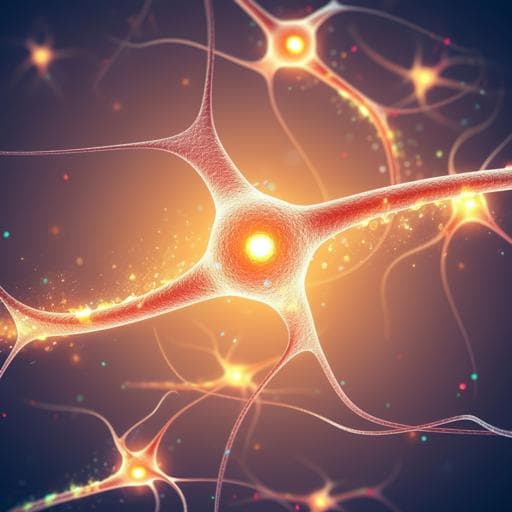
Psychology
Association of polygenic risk scores and hair cortisol with mental health trajectories during COVID lockdown
K. F. Ahrens, R. J. Neumann, et al.
Discover how genetic factors and stress hormone levels influenced mental health during the COVID-19 pandemic. This groundbreaking research by Kira F. Ahrens and colleagues reveals distinct mental health trajectories, shedding light on risk prediction for future crises.
Related Publications
Explore these studies to deepen your understanding of the subject.







